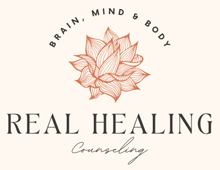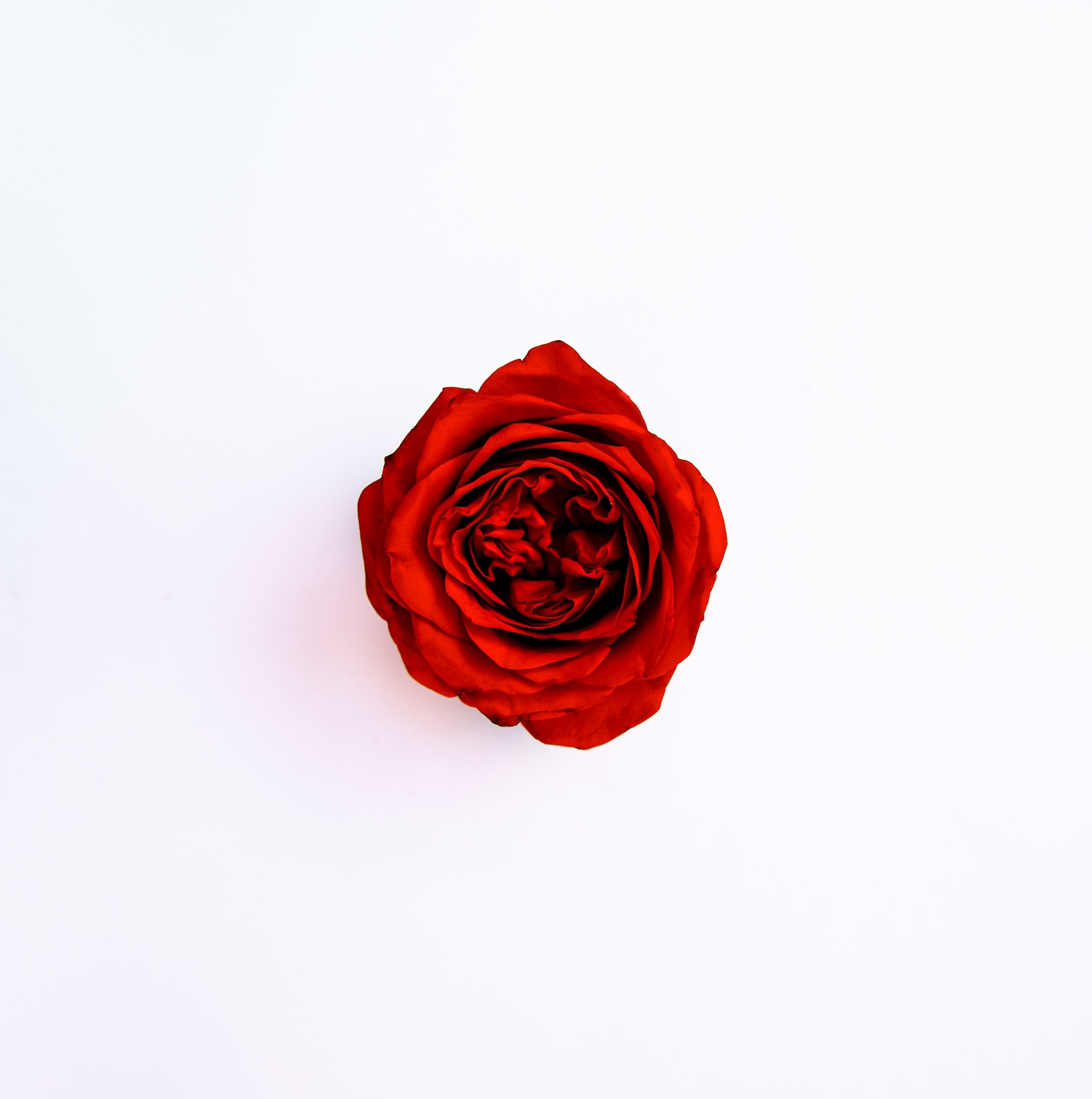If you have ever obsessed over a partner or felt like the world was ending when you had a break up (also known as the withdrawal process), keep reading…
Our culture reinforces the idea of women needing to be saved by men. Think of Disney.. Ariel from the Little Mermaid literally gave up her voice to be in a relationship with a man. Granted, Ariel also was very lonely and there’s more to the story. In therapeutic terms, she had relational trauma and attachment injuries.
This Disney idea of love is what so many of us grew up with. Obsession, fantasy, and self-sacrifice/self-neglect by women was normalized. Little girls are also so often taught that their worth is tied to their looks, how desired they are by boys/men and their relationship status. These belief systems become embedded in us before we even have the language to or capacity to notice. Whether we like it or not. It takes work to actively un-learn this. And unfortunately, love addiction often goes unnoticed and unhealed. The people who struggle with this often feel the too familiar feeling of being broken or like something is wrong with them, yet again.
I see attachment injuries and trauma as the root of love addiction.
In her amazing book “Ready To Heal, Breaking Free of Addictive Relationships”, Kelly McDaniel’s identifies common themes and situations that foster the dis-ease:
-a primary female caregiver who is unavailable for healthy bonding and role modeling
-a cultural environment that places women in an inferior position to men and objectifies their sexuality.
-a family environment that creates psychological isolation
-parents who are in addictive relationships
-sex and fear are part of the home environment.
Kelly McDaniel’s book, “Ready To Heal, Breaking Free of Addictive Relationships” and Pia Mellody’s “Facing Love Addiction” are amazing resources that I cannot recommend enough. They can be life-changing reads.
In a paradoxical sense, love addiction is an unhealthy and harmful way of trying to get our needs met and a way to try soothe our loneliness, pain and feelings of inadequacy.
Symptoms of love addiction:
-
You obsess over your current or past partner(s).
-
You have a pattern of unhealthy relationships with people who are emotionally unavailable. You blame yourself, ignore the harm, and feel unable to leave the relationship.
-
You feel less than in your relationship. Putting your partner or interest on a pedestal, believing that they will fix or save you.
-
You fantasize about your partner or about someone you’re are interested in.
-
You crave or experience a “hit” or “high” from romance or sexuality. Using this “hit” to numb pain and distract.
-
You mistake this “high” and intensity for love.
-
You change yourself to please your partner, including the way you dress, your own beliefs and/or hobbies
-
You check your partner’s phone, social media or email without permission.
-
You use sex as a way to feel connected or to numb pain without the vulnerability
-
You neglect yourself, your needs and wants, self-care and other relationships, while in a relationship.
-
You use people outside of your relationship to gain sexual attention to increase your self-esteem, gain validation or “medicate the vulnerability and fear of abandonment” that is present with being in a relationship
-
You ignore your own sexual preferences and comfort to please your partner.
If you struggle with any of these symptoms, please know that you are not alone. You do not have to continue to engage in these patterns. We can help you be curious and compassionate about the symptoms of love addiction and allow them to guide you to where you need to heal.

